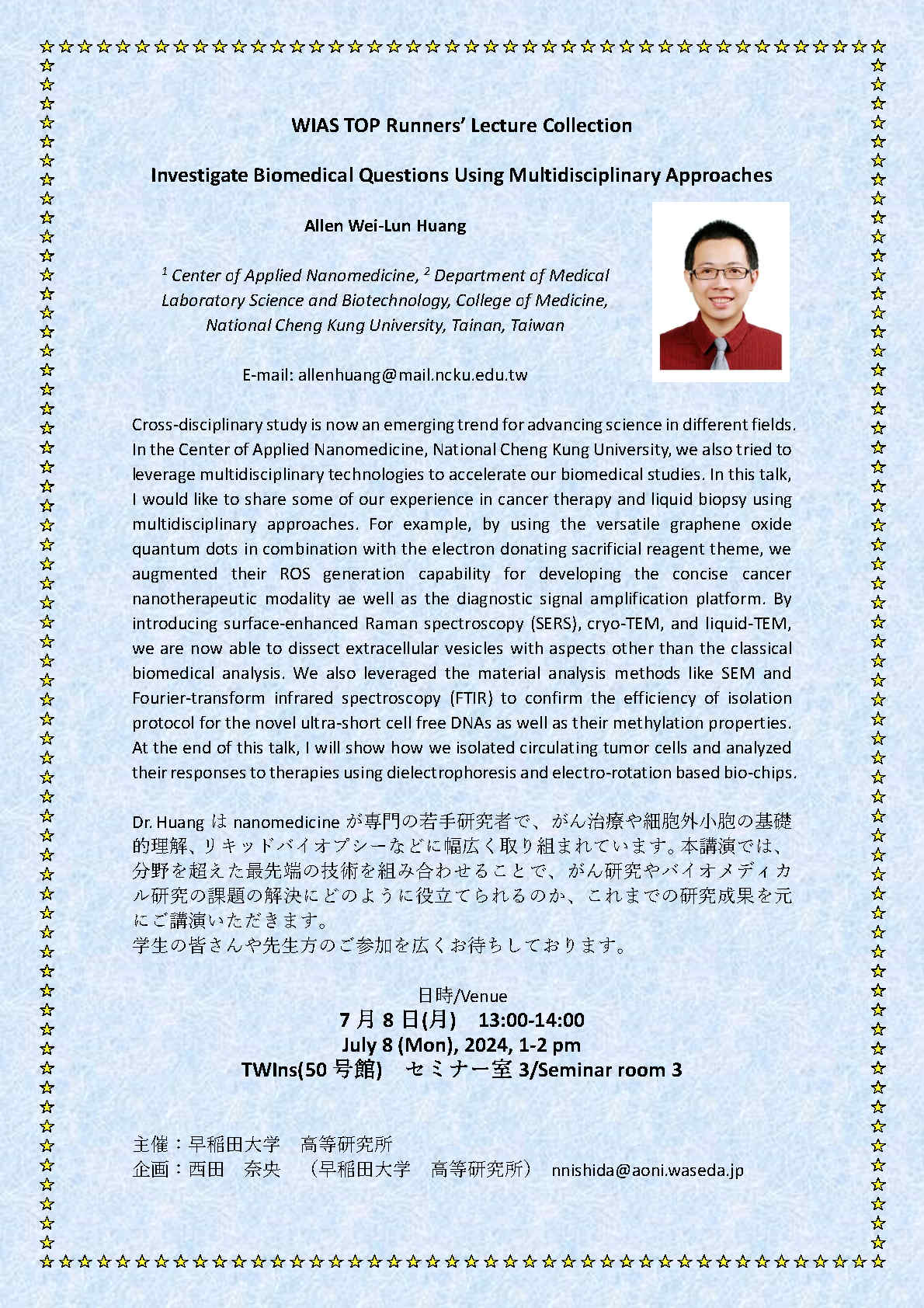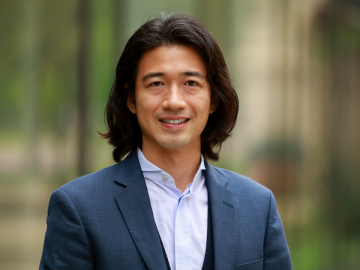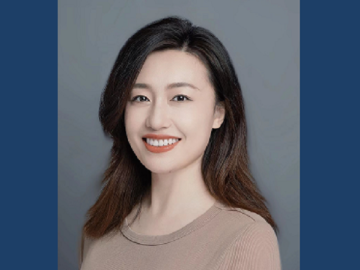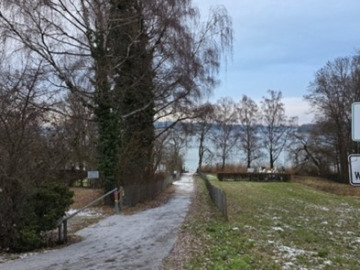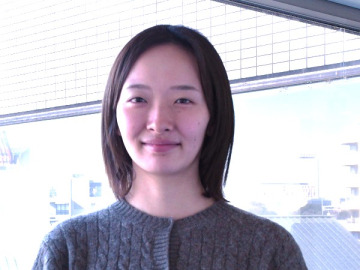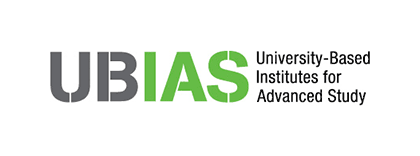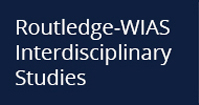Abstract
Cross-disciplinary study is now an emerging trend for advancing science in different fields. In the Center of Applied Nanomedicine, National Cheng Kung University, we also tried to leverage multidisciplinary technologies to accelerate our biomedical studies.
In this talk, I would like to share some of our experience in cancer therapy and liquid biopsy using multidisciplinary approaches. For example, by using the versatile graphene oxide quantum dots in combination with the electron donating sacrificial reagent theme, we augmented their ROS generation capability for developing the concise cancer nanotherapeutic modality as well as the diagnostic signal amplification platform. By introducing surface-enhanced Raman spectroscopy (SERS), cryo-TEM, and liquid-TEM, we are now able to dissect extracellular vesicles with aspects other than the classical biomedical analysis.
We also leveraged the material analysis methods like SEM and Fourier-transform infrared spectroscopy (FTIR) to confirm the efficiency of isolation protocol for the novel ultra-short cell free DNAs as well as their methylation properties.
At the end of this talk, I will show how we isolated circulating tumor cells and analyzed their responses to therapies using dielectrophoresis and electro-rotation based bio-chips.
Date & Time
July 8 (Mon), 2024 1:00 pm – 2:00 pm
Venue
Bldg. #50, Seminar Room 3, TWIns (Center for Advanced Biomedical Sciences), Waseda University
Speaker
黃偉倫 Allen Wei-Lun Huang (Assistant Research Fellow, National Cheng Kung University)
Assistant Research Fellow & Chief of Planning and Management Division, NCKU Center of Applied Nanomedicine (NCKU_CAN)
Secretary General, Taiwan Nanomedicine Society (TNS)
Adjunct Assistant Professor, Department of Medical Laboratory Science and Biotechnology, NCKU
Prospected Audience
Students, Graduate Students, Faculty members, Researchers
Organizer
Waseda Institute for Advanced Study (WIAS)
Organized by: NISHIDA Nao (Assistant Professor, WIAS)

